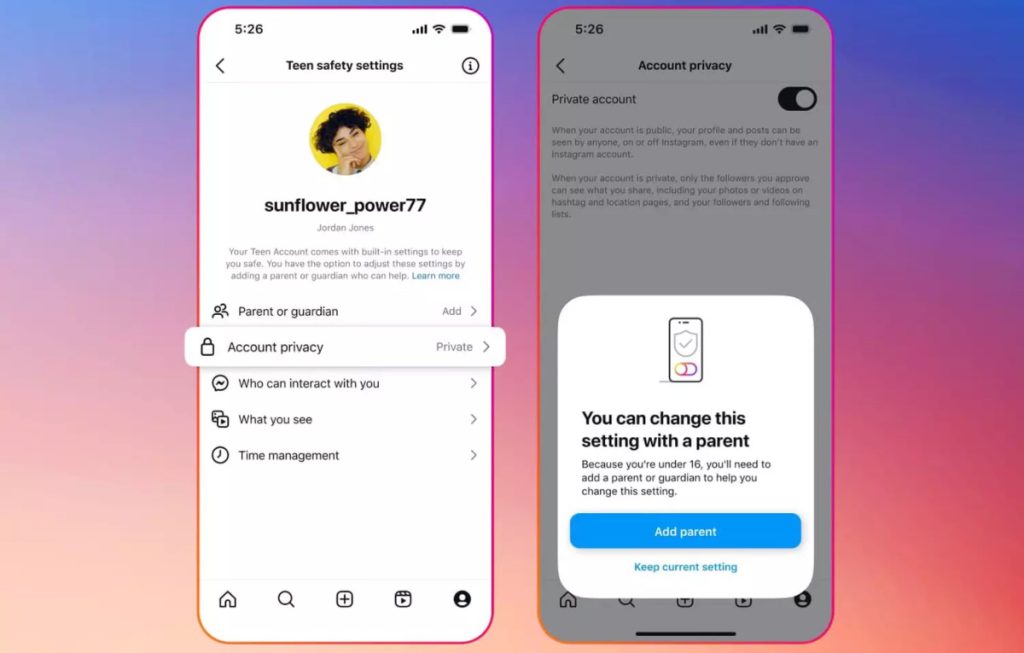I have fond memories of my carefree childhood days with neighbourhood friends, whether at the playground or elsewhere, but such sights seem rare today.
Now, it’s more common to see children glued to their phones and tablets, endlessly scrolling social media or watching their favourite shows—and this shift isn’t necessarily a positive one.
To tackle this issue, the Ministry of Health (MOH) launched updated guidelines on Tuesday (January 21) as part of the new Grow Well SG national health strategy, aiming to curb excessive screen time and promote healthier lifestyles for children and adolescents up to 12 years old.
The revised guidelines provide stricter and clearer recommendations on screen use. Here’s what you should take note of:
Who gets screen time?
For children under 18 months:
- No screen time, except for video calls
- Televisions or other screens should not be turned on in the background
For children aged three to six:
- Limit screen use to no more than one hour per day outside of school
- View media together with children whenever possible
- Choose age-appropriate educational content
- Do not leave screens turned on in the background
- No screens during meals and one hour before bedtime
For children aged seven to 12:
- Limit screen use to under two hours daily, except for school work
- Develop a screen use plan or timetable
- Have regular conversations to find out their online activities
- No mobile devices with unrestricted access
- Use parental control settings for age-appropriate content and apps
- No screen time during meals and one hour before bedtime
In a joint statement, MOH, the Ministry of Education (MOE), and the Ministry of Social and Family Development emphasised that children in Singapore are facing health risks linked to inactive lifestyles.
These risks arise from several factors, including excessive screen time. Through the Grow Well SG initiative, the government aims to help children cultivate healthy habits by promoting more purposeful screen use with the combined efforts of families, schools, healthcare institutions and the community.
Though the new strategy only focuses on children aged up to 12 years old, it will be extended to older children subsequently.
Similar moves by other countries
Singapore isn’t the only country that has implemented such guidelines. As more studies emerge on the negative effects of excessive screen time, several other countries have also taken steps to regulate screen use among youth.
In September 2024, France enforced a trial ban on phones for students up to the age of 15 as it seeks to give them a “digital pause.” Students are now required to hand over their phones to school staff at the start of the day.
Brazil went a step further, passing a law restricting smartphone usage in elementary and high schools this month.
Beyond the detrimental effects excessive screen time can have on the youth, exposure to social media platforms can also bring about adverse impacts on their well-being.
With growing pressure to protect children online, particularly from harmful content and cyberbullying, countries like Indonesia are planning to introduce a minimum age for social media users. This follows Australia’s 2024 law, which bans under-16s from using social media.
Social media age restrictions

Apart from the government, tech companies and social media firms have also doubled down on their efforts to protect the youth from digital harm.
In 2021, TikTok removed over seven million suspected underage accounts. It also restricted features like private messaging and live streaming to those aged 16 and above.
More recently, Instagram has also taken steps to tighten age restrictions for app users. As of yesterday, accounts belonging to those under 18 in Singapore will have more restrictive settings by default.
Teenagers will automatically be placed in Teen Accounts, and those attempting to change their age to over 18 will be prompted to verify their age.
It takes a community
Raising screen-free kids requires more than just the efforts of tech companies and the government—it takes a community.
In Singapore, grassroots initiatives like The Resonance Project, founded by a group of teenagers, offer free music classes to various communities including children, creating opportunities for them to engage in meaningful, screen-free activities.
Balance Bike SG, on the other hand, organises public events such as family-friendly cycling competitions.
Through these efforts, we can foster healthier lifestyles and create an environment where children can thrive without the constant pull of digital screens.
- Read more articles we’ve written about Singaporean startups here.
Feature Image Credit: iStock